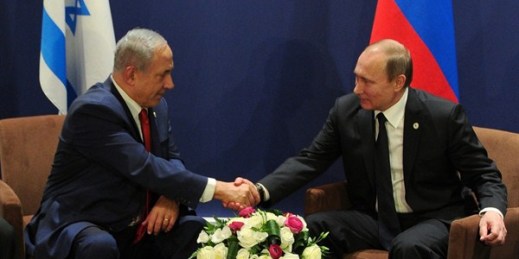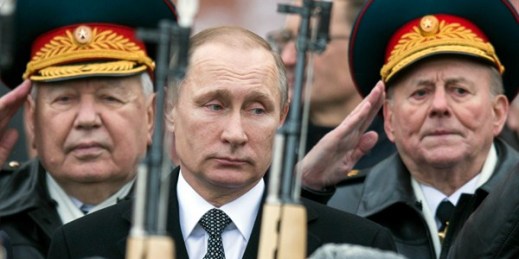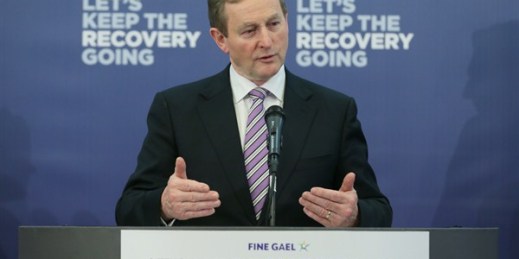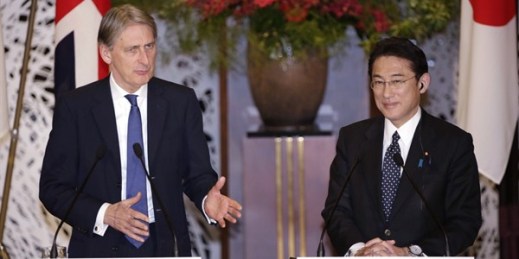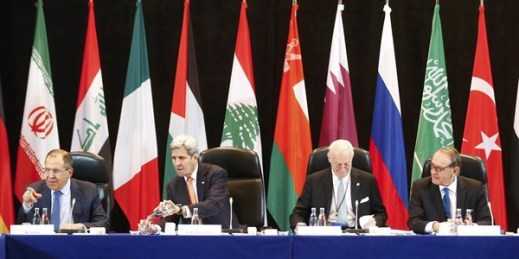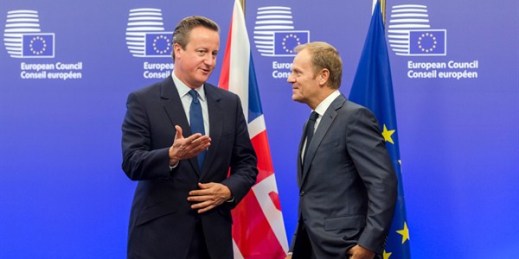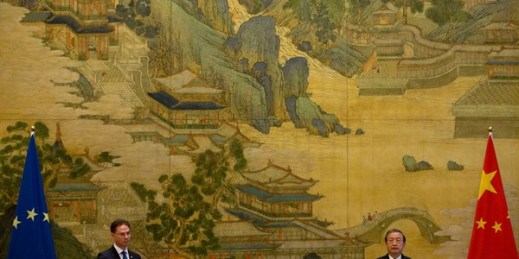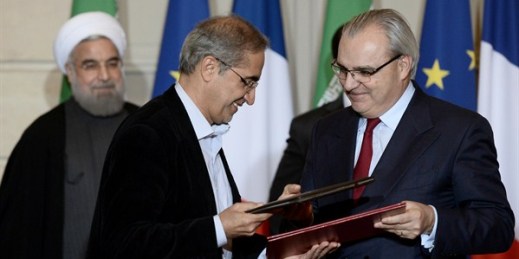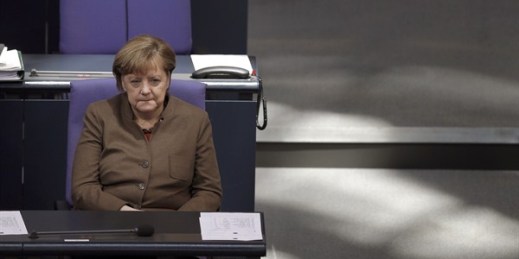
Could Angela Merkel become the next secretary-general of the United Nations? The notion that the German chancellor, now at the epicenter of Europe’s refugee crisis, could replace Ban Ki-moon at the helm of the U.N. is suddenly curiously widespread. “No candidate could magically restore the United Nations’ prestige,” Mark Seddon, a former adviser to Ban, noted in The New York Times earlier this month, “but there is a compelling logic in favor of a Merkel candidacy.” Or, as Gideon Rachman observed less charitably in the Financial Times, Merkel’s critics in Berlin could use this as “a graceful way to ease […]

